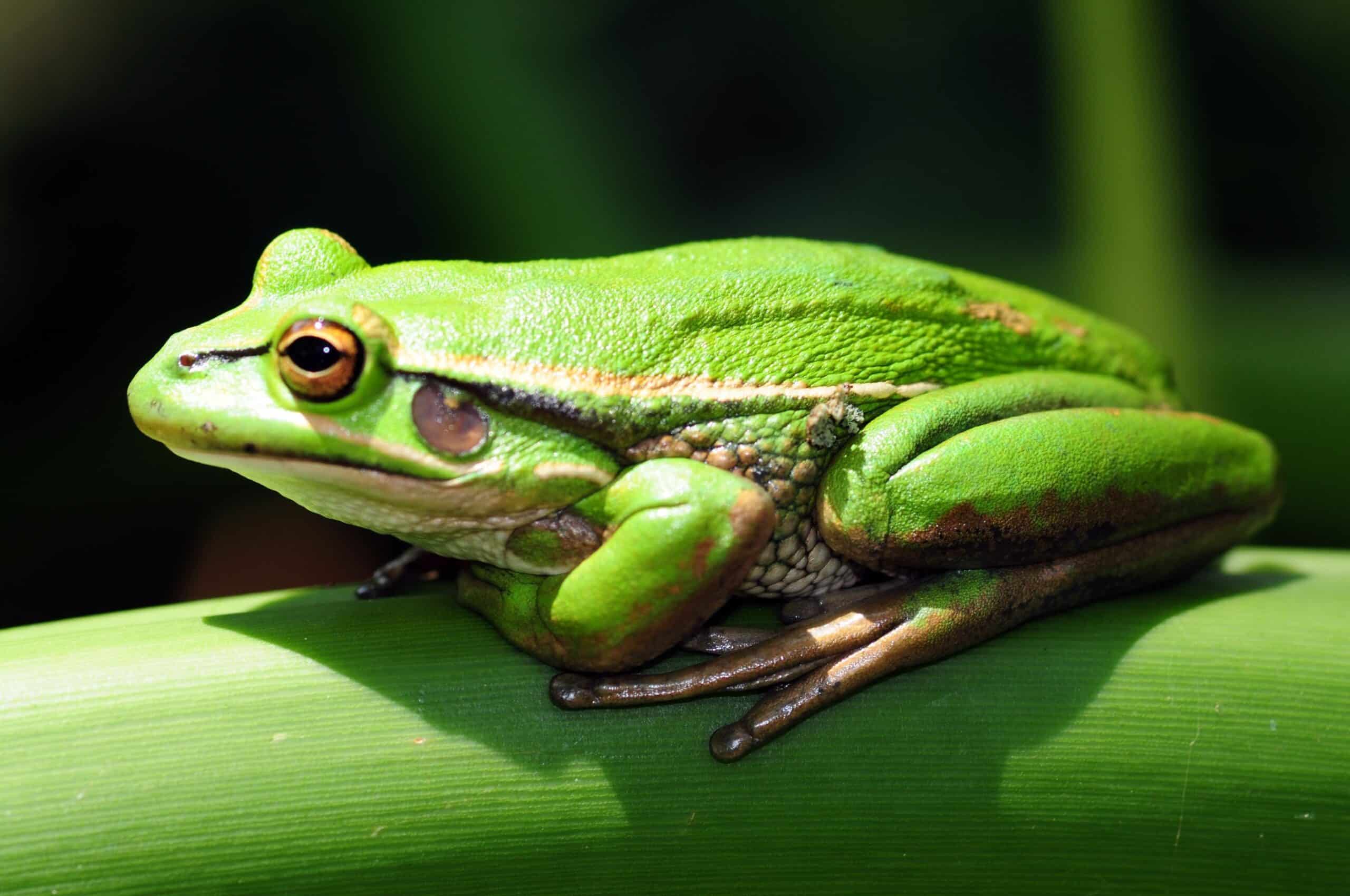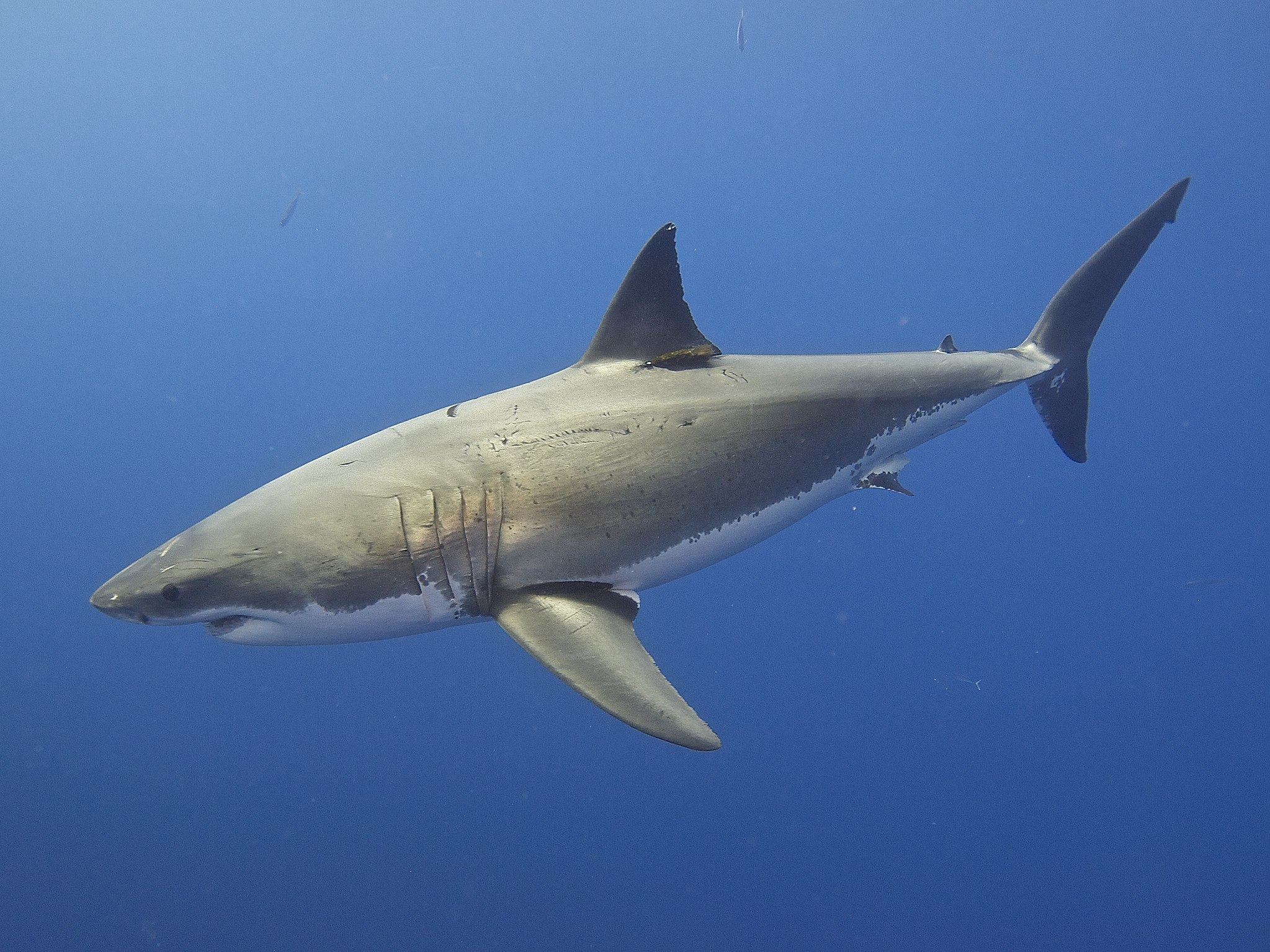The 2024 New South Wales State of the Environment (SoE) report is in—and for our native wildlife, the picture is deeply concerning. From iconic marsupials and mammals to lesser known but equally vital amphibians, birds and reptiles, many animals across NSW are facing growing threats from climate change, habitat loss,...
BRUSSELS (May 23, 2023)—As the trade negotiations between the European Union and Australia move closer towards conclusion, representatives of animal protection NGOs and the negotiating teams from both sides today convened today at the European Parliament for a roundtable discussion organised by Humane Society International, exploring its potential positive effects on animals in farms or in the wild.
The inclusion of animal welfare and environmental provisions in EU trade agreements has become standard practice in recent years, but incorporating commitments on farm animal welfare in their free trade agreements is novel to their Australian negotiating partners. While the final outcome is not yet known, the EU’s text proposals tabled in 2018 sought to enhance cooperation and facilitate the exchange of information and expertise with an aim to align regulatory standards for farm animal welfare.
Dr Joanna Swabe, senior director of public affairs for Humane Society International/Europe, noted:
“Here, in the EU, we are on the cusp of a major revision of our outdated animal welfare legislation. It is no secret that the European Commission has already committed to delivering a proposal to ban the caged confinement of food-producing animals, and—unless these ambitious plans are scuppered by internal politics—we are anticipating many other proposed legislative changes that will significantly improve the lives of millions of farm animals in the future. Crucially, in the context of international trade, it is believed that the Commission will try to introduce animal welfare requirements at import, meaning that animal products from elsewhere will eventually need to be produced under equivalent animal welfare requirements to be able to be placed on the EU market. Not only will that level the playing field for EU producers, but it means that other countries like Australia are going to have a lot of catching up to do if they want to maintain market access to the EU for their meat and other animal product exports in the future. Ultimately that should benefit the welfare of animals in Australia, too.”
Nicola Beynon, head of campaigns for Humane Society International/Australia, added: “This should be a real wake-up call for Australia. We are already lagging far behind the EU when it comes to our farm animal welfare standards, and the European Commission is now acknowledging that their standards are no longer fit for purpose and need a radical overhaul. It is imperative that our federal, state and territory governments start paying attention to what the animal welfare scientists, animal protection organisations and concerned citizens are saying about meeting the welfare needs of farm animals and take urgent action to revamp our own animal welfare laws and standards with the same kind of level of ambition that our European trading partners are showing. Whereas, a reform of Australia’s environment laws that is underway must put a stop to the rampant deforestation that occurs for cattle production, and is imperilling iconic Australian species like the koala.”
With respect to wildlife protection, the EU’s initial text proposal for a Sustainable Development Chapter included specific commitments to implementing effective measures to tackle illegal wildlife trade, including demand reduction initiatives, and promoting the conservation and inclusion of additional species at risk of trade that are protected under CITES (the Convention on International Trade in Endangered Species), plus implementing initiatives to enhance information sharing and cooperation between the parties to the CITES treaty with regard to (illegal) wildlife trade.
Previous trade agreements negotiated by Australia with its regional trade partners, particularly the Comprehensive and Progressive Agreement for Trans-Pacific Partnership, have made robust commitments to the protection of biodiversity, including language on the protection of wildlife and the conservation of the environment, including the marine environment.
Facts
- The breakfast roundtable event organised by Humane Society International/Europe and Humane Society International/Australia—in partnership with the Australian Alliance for Animals and Eurogroup for Animals—was hosted by German Green MEP, Manuela Ripa, was held at the European Parliament in Brussels and web streamed for stakeholders in Australia.
- The EU and Australia formally entered into negotiations to achieve a free trade agreement in 2018. Thus far, 15 negotiating rounds have taken place between the Parties. More information on the trade negotiations and the EU text proposals can be found here.
- Read Humane Society International’s detailed report about how the free trade deal is an opportunity to positively change the lives of millions of animals.
- To underpin the planned legislative changes, the European Food Safety Authority has delivered a series of scientific opinions focusing on the welfare of various species farmed for food, including one supporting ending caged confinement for laying hens.
Media contact
First Last: Cassie Bodin-Duval
cbodinduval@hsi.org


